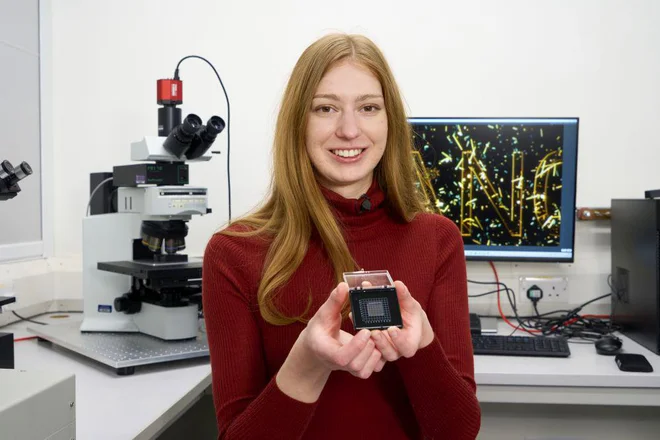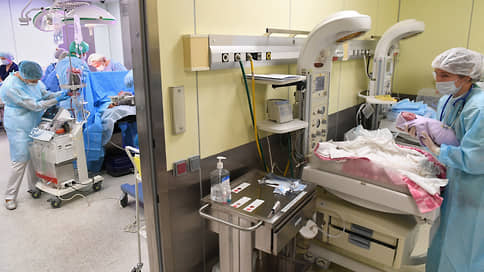A young researcher is changing the future

Twenty -six -year -old Teja Potočnik It comes from the lower apple trees from the Kidričevo area. The study path took her to England, where her research and entrepreneurial path began. At Cambridge University, she received her PhD in Nanofabrics and founded Nanomation. With the support of Cambridge Enterprise, she and her colleagues filed a patent application and provided funds to expand her solution.
It has developed an automated Lithotag program platform, which increases accuracy in the manufacture of semiconductor devices based on nanomaterials. Semiconductor technologies have a significant impact on the environment as they could reduce the energy of data centers, thereby being CO emissions2 reduced by 35 million tonnes.
Teja Potočnik is one of the ten innovators to whom the European Patent Office will award the Young Inventors Award in June 18th. 450 candidates were registered, and the shortlist was made by an independent jury.
“Industries are important reliable, reproducibility and integration into production processes. No matter how good the technology is, it is not so worth it if it cannot be expanded. That is why we focus not only on performance, but also on reliability and integration into production, « explains the young researcher about his work.
According to the World Economic Forum, data centers worldwide consume about 460 teravat hours of electricity a year, which is equal to the energy needs of 153 million households. As the demand for computer power is increasing, the global power consumption of data centers by 2025 could contribute up to 3.2 percent of total carbon emissions.
Industries are important reliable, reproducibility and integration into production processes. Photo: Personal Archive
Energy -efficient devices
Small electronic components are used to reinforce and switch electronic signals. They are the basic building blocks of most electronic devices, including computers, smartphones and other digital accessories. As these components are getting smaller, improving their operation is increasingly difficult. Nanomaterials such as graphen, carbon nanos and quantum dots could help, but it is difficult to incorporate into extensive production. Lithotag helps to remedy this problem by embedding unique markers on semiconductor chips, thereby effectively integrating new materials. This automation software combines positioning in the nanometer and the computer and paves the way to faster and more energy efficient devices.
The invention of Potočnik’s helps to bridge the gap between research breakthroughs and industrial use. Advanced semiconductor technologies could allow faster, smaller and energy -efficient products such as advanced image sensors or quantum devices. In addition, according to Deloitta, semiconductor production is expected to create 100,000 new jobs worldwide by 2030, especially in technical roles that support automated and nanotechnology industries.
The Young Inventive Award celebrates world innovators under 30 who use technology to solve global challenges set by the United Nations sustainable development goals. The invention of Potočnikova supports the goal relating to industry, innovation and infrastructure, as it enables more energy efficient and extensive production of semiconductor devices.





:format(webp)/s3/static.nrc.nl/wp-content/uploads/2025/04/03093842/data130211470-ba9889.jpg)


